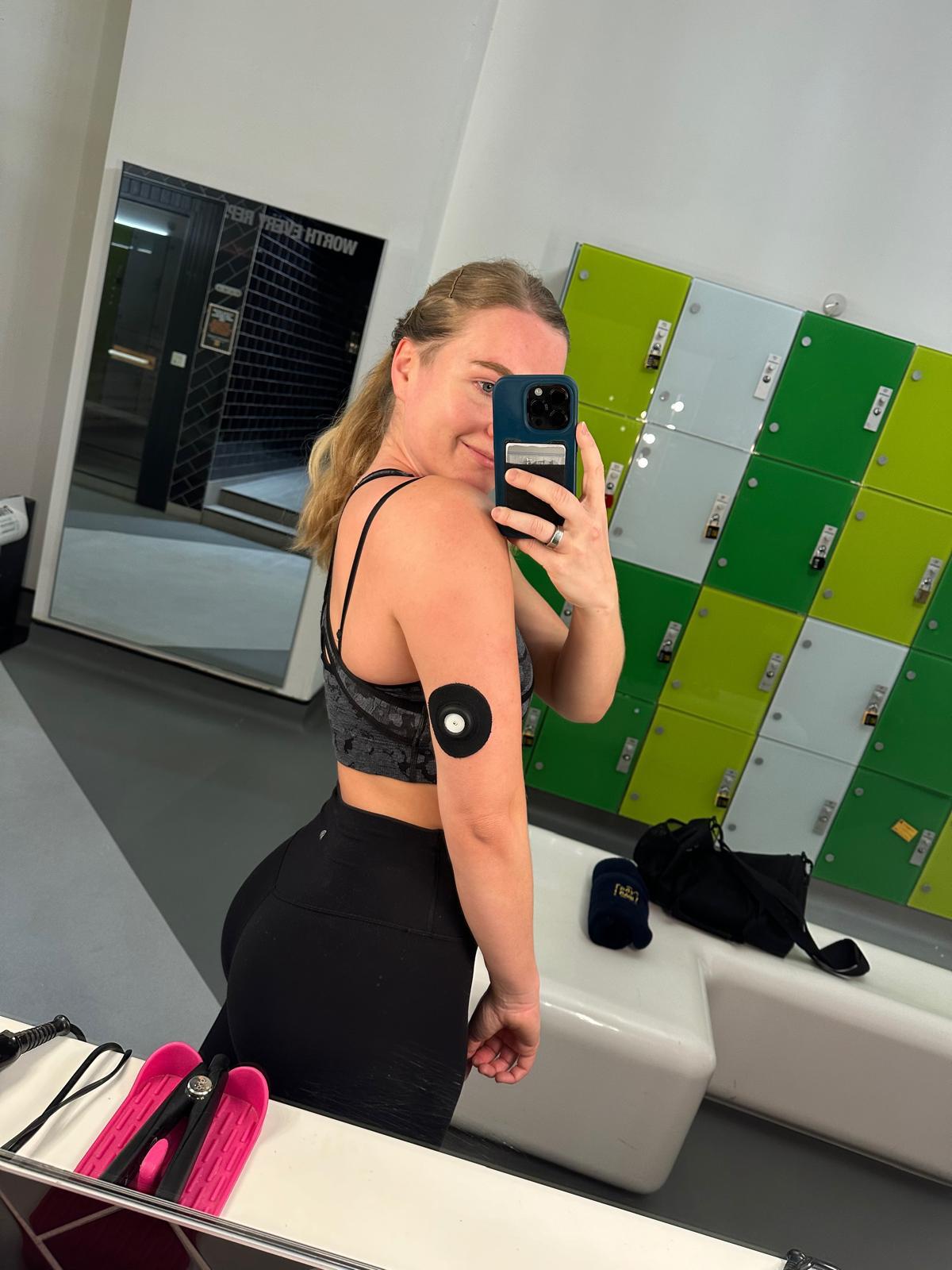Do we really need supplements?
In an ideal world it would be amazing to be able to get all the nutritious benefits from food. However, the reality is the soil in which our food has grown has been depleted and exhausted by intensive farming with fertilisers and pesticides. The amount of nutrients our bodies require has been greatly increased by stress, pollution, and other factors of the 21st century.
Supplements are therefore helpful as add-on to a healthy lifestyle that consists of good food, fresh air, and exercise.
However, when adding supplements to you diet its important to be able to choose a high quality supplement that has more of what you need and less of what you don’t.

Why you need to read your Ingredient List?
When buying supplements, we are often guilty of just reading the Nutritional Information, the nutrient information will only give you information about the nutrients and not the rubbish that many supplements’ companies use.
By the term rubbish we are referring to the ridiculous number of fillers, flavours, binding agents, preservatives, lubricants, thickeners, stabilisers and anti-caking agents that many supplement companies use.
Some of these ingredients are often found in decorating trades, cosmetics and pharmaceutical medicines contain more and far worse. The idea behind a food supplement is to allow you to improve your diet, however some supplement companies contradict this by mixing their formulation with cheap chemicals.
Here is a snapshot of some bulking agents that are commonly used in supplements:
Talc: As in talcum powder
Streatic Acid/ Magnesium Stearate: Commonly used, few people with ME or Chronic Fatigue may have allergic reactions.
Titanium Dioxide: White dye
Dicalcium Phosphate: May be problematic
Citric acid: does not come from citrus fruits but rather from mould
Natural Flavouring: Does not mean it is natural, chemical processing can turn into a different substance with different properties.
Silicon Dioxide: Anti-caking agent
Microcrystalline Cellouse: Very common
Titanium Dioxide: If you evert seen tablets that are extremely white, they probably have Titanium dioxide which is often used as a colorant to give supplements and cosmetics that colour. However, studies have linked it to immune system problems, inflammation, DNA damage and kidney toxicity.

Why Supplement companies use Bulking agents?
They are primarily use for two main reasons. Firstly, these ingredients help make the manufactures lives easier, there is a quicker manufacturing process where these ingredients allow the machines to run more smoothly allowing it be less labour intense, quicker and cheaper. Secondly by bulking up the capsules/tablets with bulking agents manufactures are saving much more money- bulking agents cost next to nothing, they put in more rubbish and less of the ingredients you need.
Tips when buying Supplements?
Whether you’re buying online on or in a store, the amount of information you receive from supplements can be overwhelming, here are a few tips to help:
Read both the Nutritional Information and Ingredients List
Less is more; less ingredients there are, the better it probably is.
If the nutritional Information mirrors the ingredient list- a very good sign that no binders have been used and you are getting the most out of your money
Check Dosage and ensure you are getting the recommended dosage
The order the ingredients are listed is extremely important- whatever’s first is usually the most so if the first few ingredients are bulking agents than best to avoid.
Check the bioavailability of the product to ensure your body absorb the benefits.
Purchase Natural and Vegan where possible
Anything in a propyl or ethyl group is likely highly synthesized and therefore best to avoid.
Capsules (rather than tablets) are less likely to contain harmful ingredients.
Communicate! Any respected supplement company will be happy to answer your questions (we love getting feedback, questions from our customers)
Be extra careful when buying “cheap” products online – I love a bargain but when it comes to health there cannot really be a cheap alternative – if its unusually inexpensive, it probably means it just has lot less of the active ingredient that you need and more cheap binders.



